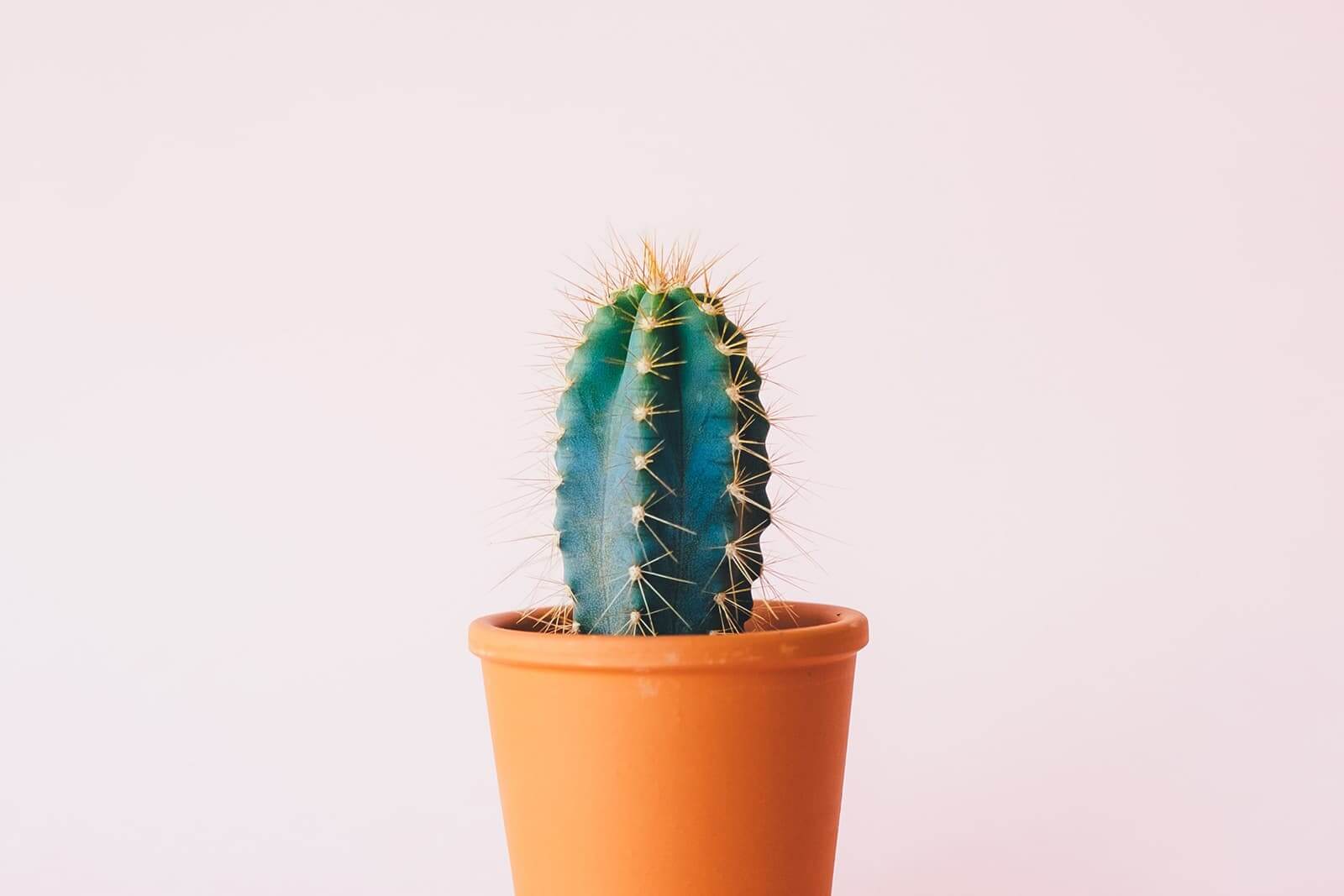Indian culture is one of the world's oldest and richest cultures, with a history spanning thousands of years. It is incredibly diverse, encompassing a wide array of languages, religions, traditions, customs, and art forms. Here are some key aspects of Indian culture.
Diversity: India is the birthplace of several major religions, including Hinduism, Buddhism, Jainism, and Sikhism. This diversity has greatly influenced Indian art, architecture, festivals, and daily life.
Indian society: Indian society places a strong emphasis on family and community. Extended families often live together, and family relationships are highly valued.
Cuisine: Indian cuisine is known for its bold flavors, spices, and regional variations. Each region of India has its own distinct culinary traditions and specialties. Common ingredients include rice, lentils, vegetables, and a variety of spices such as turmeric, cumin, and coriander.
Arts and Crafts: India has a rich artistic heritage, including classical music, dance, theater, literature, and visual arts. Traditional Indian dance forms like Bharatanatyam, Kathak, and Odissi are highly revered, as are classical music genres like Hindustani and Carnatic music.
Festivals: India celebrates numerous festivals throughout the year, each with its own cultural significance and rituals. Diwali, Holi, Eid, Christmas, and Durga Puja are some of the most widely celebrated festivals, bringing people of different communities together.
Clothing: Traditional Indian clothing varies widely across regions and communities. Saree, salwar kameez, and kurta-pajama are some common traditional garments worn by women and men, respectively. However, Western clothing styles are also prevalent, especially in urban areas.
Languages: India is incredibly linguistically diverse, with hundreds of languages spoken across the country. Hindi and English are the official languages, but each state has its own official language(s) as well.
Spirituality and Philosophy: Indian culture has a deep-rooted spiritual tradition, with philosophical concepts such as karma, dharma, and yoga originating from ancient texts like the Vedas, Upanishads, and Bhagavad Gita. The pursuit of self-realization and enlightenment is central to many Indian spiritual practices.
Architecture: India is home to a wealth of architectural marvels, including ancient temples, forts, palaces, and mosques. Styles range from the intricate carvings of temples in South India to the Mughal-inspired domes and arches of monuments like the Taj Mahal.
Modern Influences: While traditional culture remains strong, India has also embraced modernity, leading to a fusion of traditional and contemporary elements in various aspects of life, including art, music, fashion, and technology.
Overall, Indian culture is a vibrant tapestry woven from a myriad of influences, traditions, and beliefs, making it truly unique and fascinating.

















